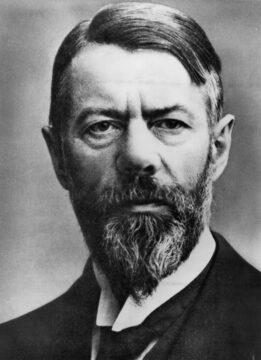Corey Robin in The New Yorker:
 The professor and the politician are a dyad of perpetual myth. In one myth, they are locked in conflict, sparring over the claims of reason and the imperative of power. Think Socrates and Athens, or Noam Chomsky and the American state. In another myth, they are reconciled, even fused. The professor becomes a politician, saving the polity from corruption and ignorance, demagoguery and vice. Think Plato’s philosopher-king, or Aaron Sorkin’s Jed Bartlet. The nobility of ideas is preserved, and transmuted, slowly, into the stuff of action.
The professor and the politician are a dyad of perpetual myth. In one myth, they are locked in conflict, sparring over the claims of reason and the imperative of power. Think Socrates and Athens, or Noam Chomsky and the American state. In another myth, they are reconciled, even fused. The professor becomes a politician, saving the polity from corruption and ignorance, demagoguery and vice. Think Plato’s philosopher-king, or Aaron Sorkin’s Jed Bartlet. The nobility of ideas is preserved, and transmuted, slowly, into the stuff of action.
The sociologist Max Weber spent much of his life seduced by this second fable. A scholar of hot temper and volcanic energy, Weber longed to be a politician of cold focus and hard reason. Across three decades of a scholarly career, in Wilhelmine and Weimar Germany, he made repeated and often failed incursions into the public sphere—to give advice, stand for office, form a party, negotiate a treaty, and write a constitution. His “secret love,” he confessed to a friend, was “the political.” Even in the delirium of his final days, he could be heard declaiming on behalf of the German people, jousting with their enemies in several of the many languages he knew. “If one is lucky” in politics, he observed, a “genius appears just once every few hundred years.” That left the door wide open for him.
More here.
Enjoying the content on 3QD? Help keep us going by donating now.
